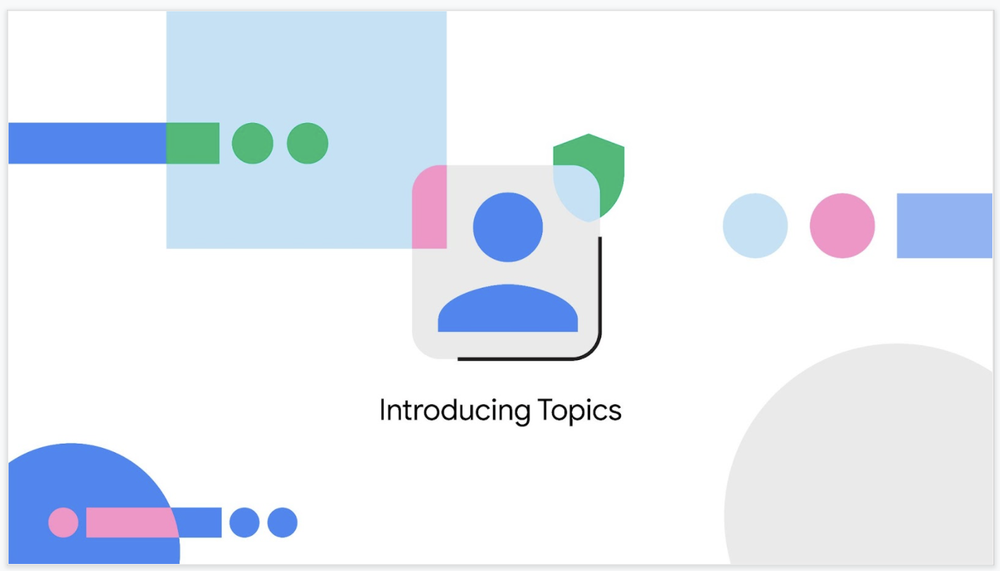After all the hurdles Google had to overcome to persuade European guarantors (and others) to digest the FLoC proposal, here comes news of a definitive change of course that, for a start, has a far simpler and memorable name, Topics.
The objective remains the same: eliminate third-party cookies from Chrome by the end of 2023 (it should be borne in mind that Firefox and Safari already did this some time ago) but, in the meantime, launch this new proposal not later than end-March as a step towards an ever more-significant increase in the levels of privacy and control guaranteed to the user. In fact, Google’s new proposal is designed precisely to eliminate the privacy problems related to FLoC.
What changes and how it will work
In their blog, Google explain that the browser will determine a number of browsing-based interests — about 350 as specified by 9to5google — such as, for example, “Fitness” or “Travel”, excluding any sensitive topics, such as gender identity or ethnic connotations.
Topics will identify the main interests of the week for each user (obviously based on web history) and this data will be kept for 3 weeks, while that relating to previous periods will be deleted without involving external servers (and not even those of Google).
The novelty here lies in the fact that:
- Topics will identify the top 5 interests each week, based on browser history, and will add one interest, “chosen uniformly at random”, making a total of 6 interests;
- the browser will give the user more transparency and control over the data, i.e., within Chrome there will be control features enabling users to remove some topics (or interests) or to completely disable the functionality.
Google explains that Topics will perform a similar function to FLoC but in a completely different way, without involving the concept of “cohorts”, which failed to clarify to what extent the information collected could be subject to fingerprinting or the potential sensitive categories involved. The image below shows a comparison between the 3rd party cookies (on the left) and topics (on the right).
For further technical details, Google refers to privacysandbox.com, or else a series of more “technical” changes are available on GitHub.
Privacy investigations
Google has clarified that, in order to proceed with Topics, it is already in contact with the “U.K. ‘s Competition and Markets Authority (CMA)” in order ensure from the get-go that the proposal is developed in a manner compatible with the entire ecosystem. The FLoC project already seemed to be nearing the end of its useful life because of a number of problems of a legal nature that it had given rise to, and this new direction confirms its fate. At the moment, the most likely scenario is a more “compliant” type of tracking, but we shall see how this develops.
At the moment, Big G’s main goal is to overcome other active proposals on the market; for now, the only really serious competitor is Unified ID 2.0, the Trade Desk solution, which has the support of several other companies in the sector. As we foresaw, UID 2.0 uses hashed email addresses and is not browser-based, but Google had already stated that it had no intention of going for unique identification technologies. And it is exactly this its main constraint, according to Phil Duffield, UK Vice-President at The Trade Desk: the fact that Topics is accessible from a single browser, therefore not applicable to the multiple access points that most users use to access the internet.
This article was written by Edoardo Bulgarelli, Digital Analytics Team Leader.















